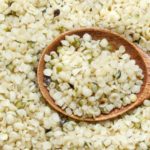Chia seeds are increasingly becoming a popular addition to many families’ daily diets, especially among health-conscious homemakers. But what are the benefits of chia seeds, and how can they be properly incorporated and stored? Read on to discover the answers to these questions and more.
1 The Benefits of Chia Seeds
Chia seeds are packed with antioxidants, which help combat the effects of aging and are a popular choice among those seeking to preserve their youth.
They are a rich source of essential nutrients, providing a sustainable energy source. Despite their small size, chia seeds are packed with health-boosting components such as fiber, protein, fat, zinc, niacin (Vitamin B3), potassium, thiamine (Vitamin B1), and Vitamin B2.
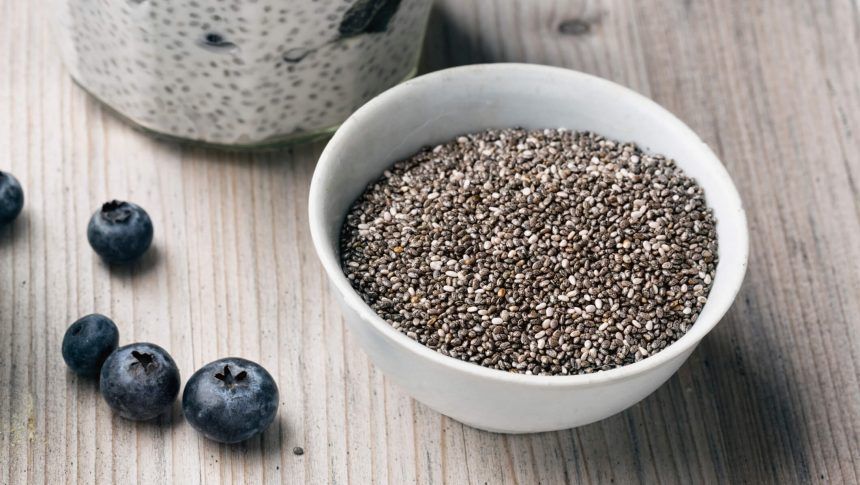
Chia seeds are an effective weight-loss aid due to their high fiber content. When consumed, the seeds absorb water and expand in the stomach, slowing digestion and reducing sugar absorption, curbing appetite, and ultimately leading to weight loss.
The omega-3 fatty acids in chia seeds help improve blood lipid profiles, reducing the risk of heart disease and type 2 diabetes.
Chia seeds are an excellent source of hydration and mineral replenishment for those who engage in intense physical activities.
2 Ways to Consume Chia Seeds
Chia Seed Water: Simply mix one soup spoon of chia seeds into a glass of warm water and stir to prevent clumping. Allow it to sit for 3-5 minutes, during which the seeds will absorb the water and form a gel-like substance.

If you prefer, you can also soak the seeds in cold water, but this will take longer. This drink is excellent for digestion, hydration, and maintaining electrolyte balance.
Chia Seed Fruit Smoothies: Besides water, chia seeds can be added to fruit smoothies. Try blending them with avocado, watermelon, orange juice, lemon juice, or soy milk for a delicious and nutritious treat. The possibilities are endless, so feel free to experiment with different combinations to find your favorite.
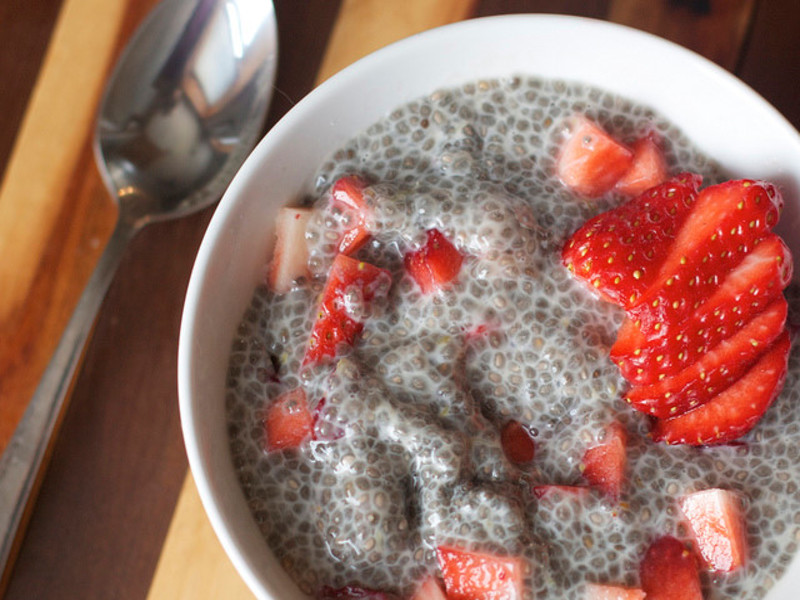
Chia Seed Food Topper: Chia seeds can be sprinkled on almost any dish, including salads, cereals, yogurt, ice cream, bread, porridge, and children’s meals. Their versatility stems from their ability to complement rather than clash with other foods.
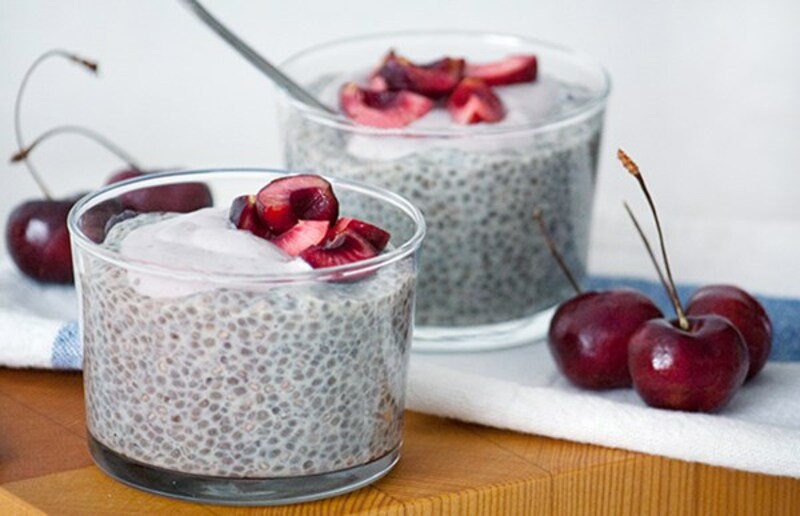
3 Recommended Intake for Different Groups
Children: Chia seeds are a great way to boost your child’s nutrition and support their growth and development. However, it’s important not to exceed the recommended dosage. For children, a daily intake of 10g is sufficient.
Adults: Adults seeking to supplement their omega-3 intake can consume 15g of chia seeds per day, incorporating them into various meals.
Pregnant Women: Due to their high nutritional content, chia seeds are an excellent choice for pregnant women. A daily intake of 15-20g, divided into two servings and prepared in different ways, is recommended to avoid monotony.
Athletes: Individuals who engage in intense physical activities require proper hydration and nutrition. Chia seeds can help meet these needs, with a recommended daily intake of 20-25g, spread across multiple meals.
4 Proper Storage of Chia Seeds
Dried Chia Seeds: Store dried chia seeds in a cool, dry place, away from direct sunlight and moisture. Once opened, transfer the seeds to an airtight container and keep them in a kitchen cabinet or drawer at room temperature. For extended freshness, store them in the refrigerator.
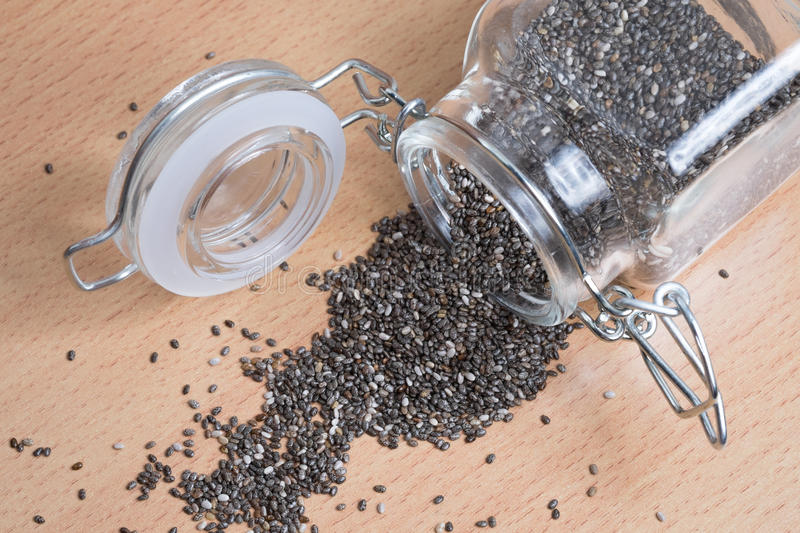
Ground Chia Seeds: If you have ground chia seeds for your child but haven’t used them all, place them in a sealed container or tray and store them in the refrigerator.
Soaked Chia Seeds: If you’ve soaked chia seeds and they’ve formed a gel but you haven’t used them all, transfer them to an airtight glass container and store them in the refrigerator. Consume within a week to ensure maximum nutritional value.
We hope this information has helped you understand the benefits, usage, and storage of chia seeds. By incorporating them into your diet and storing them properly, you can ensure your family reaps the full nutritional rewards. For more information, feel free to explore our website.


























